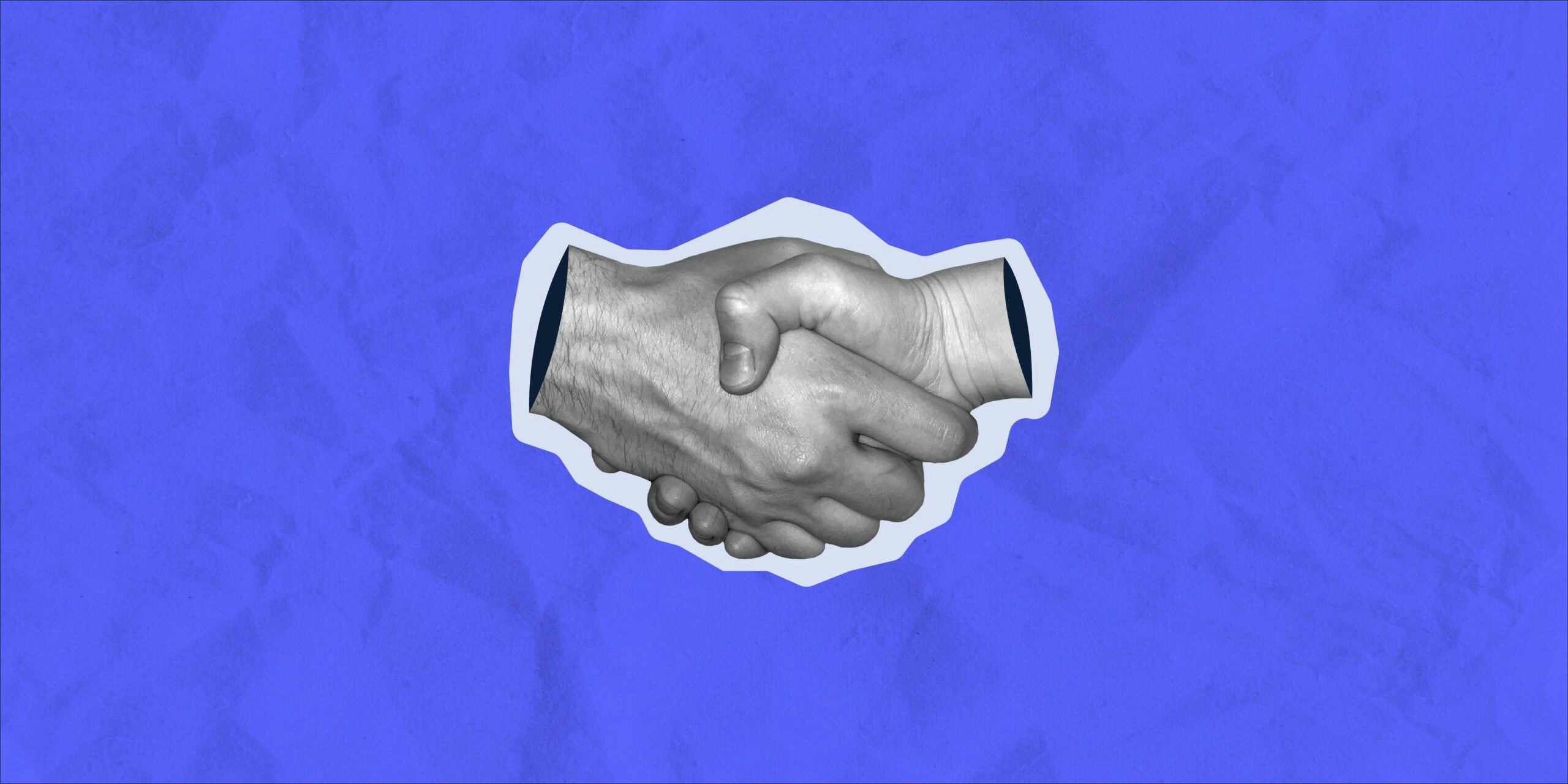The word civility has become cringe-worthy to some in our opposing political tribes.
On one side, it’s viewed as a tool of the privileged for quashing any challenges to the status quo. They point to opponents – both historical and present – of racial equality in America as using civility to silence the protests of marginalized people.
On the other, it’s seen as weakness that must be discarded to forge a more moralistic culture. Columnist Sohrab Ahmari argued for this approach in opposing a drag queen story hour in Sacramento. He suggested that winning culture wars meant “discrediting” political opponents – fellow Americans – and “weakening or destroying their institutions” for the “common good.”
But civility means practicing good citizenship and recognizing human dignity.
And American democracy will eventually break down without a commitment to civility. That’s a bad thing because our system – flaws and all – is the best for preserving liberty, opportunity, and justice. That’s why we need leaders who embrace civility, model it, and help the public understand why it matters.
Merriam-Webster.com Dictionary defines civility as good manners or politeness. But there are important distinctions between “politeness” and “civility” that stem from their etymology, author of The Soul of Civility: Timeless Principles To Heal Society and Ourselves, notes: The “Latin root of politeness is polire, which means to smooth or to polish…. It polishes over differences,” she explains.
On the other hand, Hudson continues, “civility comes from the Latin word civitas, which means city and citizenship…. It’s the habits and duties of citizenship that sometimes requires telling hard truths, sometimes requires protest and civil disobedience.”
Skepticism of civility is understandable if it results from the term being misunderstood or co-opted for some other purpose. If the concept of civility is tarnished, we should reclaim it, not banish it. In fact, there’s a cadre of U.S. governors who are trying to do that very thing by improving the quality of disagreement among citizens; more on that in a moment.
For many, civility doesn’t allow us to scratch our “Festivus-itch” where – ala Seinfeld’s Frank Costanza and his “airing of grievances” – we say, “I got a lot of problems with you people and now you’re gonna hear about it.”
Not that we shouldn’t have outlets for venting anger, but too often we develop a mindset where the “righteousness” of our position (and it may be genuinely righteous) demands breaking down democratic norms and imposing change. Those who disagree are objectively wrong (likely evil) and can’t be allowed to stand in the way of progress or morality.
We’ve seen such episodes – from both the left and the right – play out in recent years when activists confronted and recorded Democratic U.S. Senator Kyrsten Sinema in a public bathroom, demanding her support for pending congressional legislation; and through death threats against state election officials – like Georgia’s Republican Secretary of State Brad Raffensberger – and their families over disproven claims of fraudulent elections.
Civility can short circuit that thinking because it forces us to recognize the dignity of fellow Americans, not their political positions or ideas, and consider why they hold certain views. It also requires space and processes to listen and debate differences.
Our system of government and its institutions rely on the ability of opposing factions to argue their points in good faith, engage with one another in the development of legislation or policy, and build consensus for sustainable outcomes over time.
Even so, we’re a country of 330 million Americans who enjoy autonomy to do as we please. Civility may not always fit into those plans.
There’s a great scene from the movie Ghostbusters 2 that illustrates this tension.
The Ghostbusters are meeting with the fictional mayor of New York City and describing a supernatural threat that’s feeding off the city’s negative feelings. Amid the Ghostbusters pleas for help, the mayor responds, “Being miserable and treating other people like dirt is every New Yorker’s God-given right.”
At times, that can be true on the individual level. But our Republic demands that leaders exemplify and promote a culture of civility to protect liberties like free speech, ensure our institutions deliver for constituents, and maintain social peace.
When our faith in civility wanes, theirs can’t.
In what constitutes genuine courage nowadays, Utah Governor Spencer Cox, a Republican, is leading an effort as Chair of the National Governors Association (NGA) to foster better disagreement – a term he prefers over civility. He and the Colorado Governor Jared Polis, a Democrat, launched the effort with an amusing video offering to save viewers’ family dinners from toxic polarization.
The Bush Center recently hosted Governor Cox and Kansas Governor Laura Kelly, a Democrat, to share the art of disagreeing better.
Governor Cox argued that, “if you hate half our country, you don’t love our country.” One solution he highlights is confronting perception gaps about the character of our political opponents. He talked about “affective polarization” where we turn fellow citizens with whom we disagree into boogeymen, attributing to them the most extreme views, even though it often doesn’t reflect reality. We overcome that through engagement, curiosity, and respectful discourse.
And both stressed that processes matter in maintaining civility and trust. To this point, Governor Kelly praised Colorado’s Legislature, where every bill introduced gets a committee hearing. And, she noted, “even if they [legislators] don’t get the result they’re looking for, they can have their voices heard.”
Leaders like Governors Cox, Polis, and Kelly are modeling ways to build a culture of civility. Others should follow their example and demonstrate the political courage to resist the perceived or real incentives of demonizing opponents.
Disagree early and often, but don’t disregard the inherent dignity of fellow Americans. That is what it means to have a culture of civility. And it is necessary for preserving the American experiment and its noble ideals.































